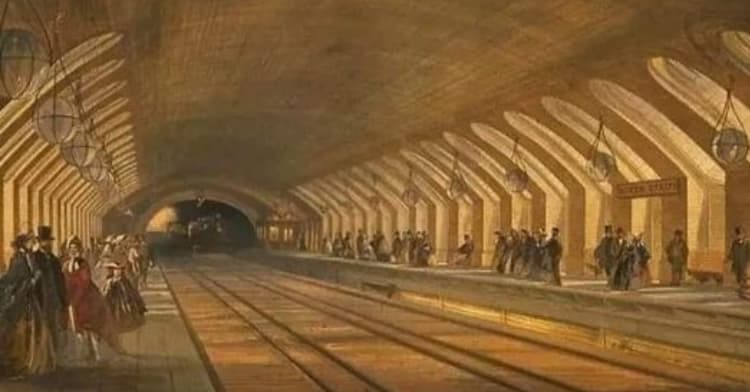The abandoned miners’ cottages scattered throughout the Welsh countryside, particularly in areas like Snowdonia, stand as poignant reminders of the region’s rich mining history. Dating back centuries, these cottages bear witness to the resilience and hardship endured by coal and slate miners who worked tirelessly in challenging environments.
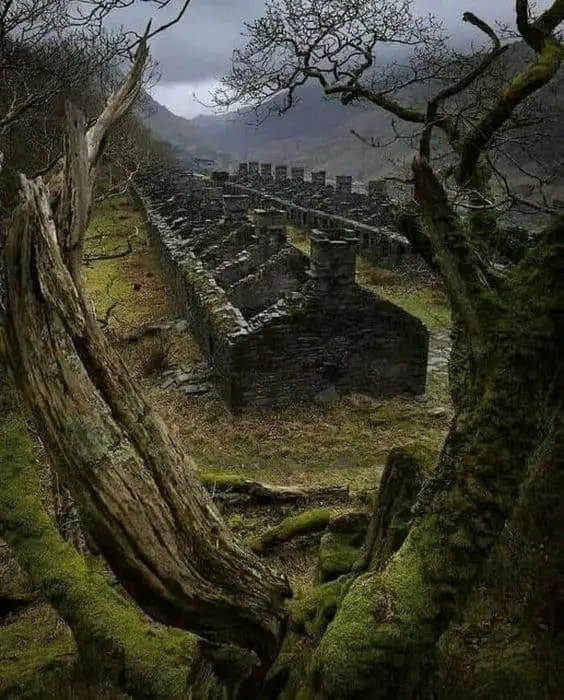
Constructed from local stone and featuring slate roofs, these cottages were built to withstand the harsh weather conditions of the mountainous terrain. Often small in size, with one or two rooms, they lacked modern comforts and amenities. Yet, they provided a refuge for miners and their families from the elements after long, gruelling hours spent underground.
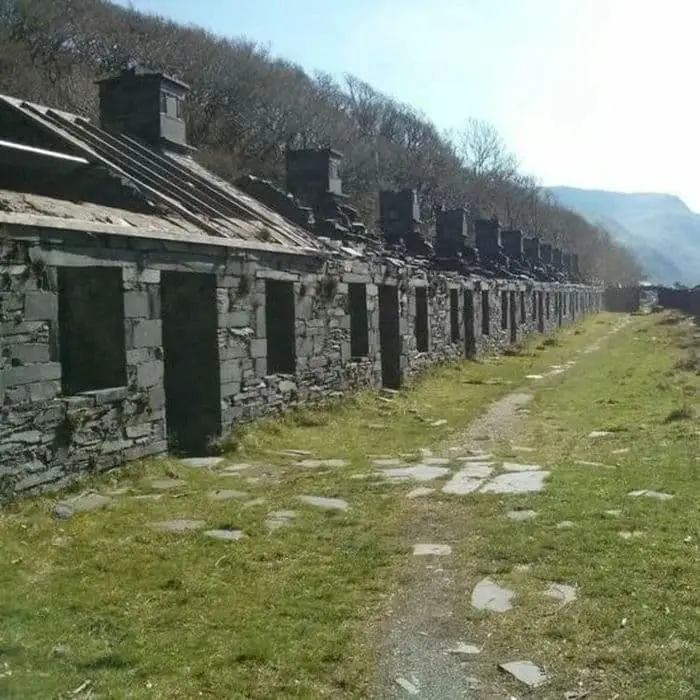
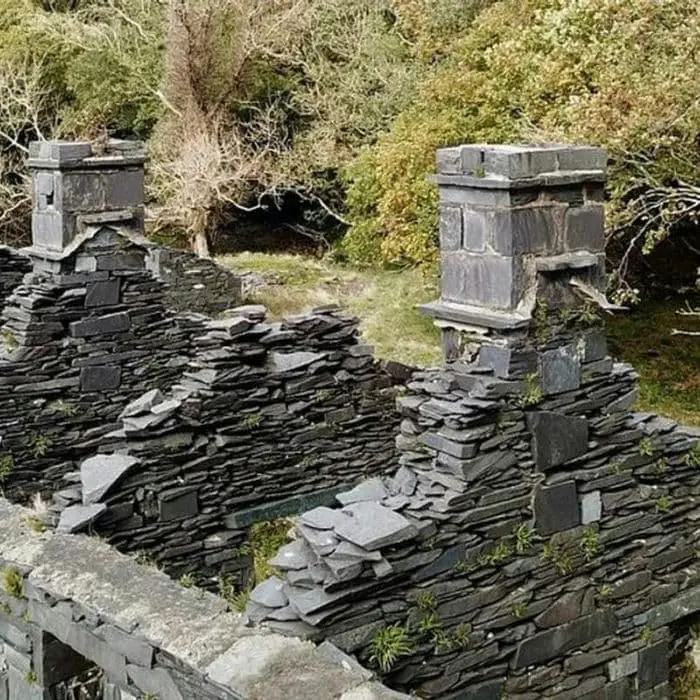
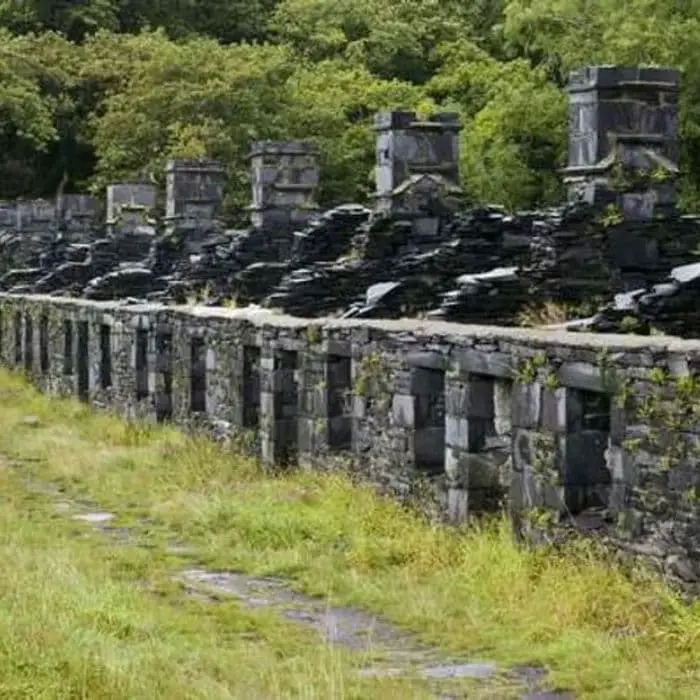
Life in these cottages was challenging, with families making the most of limited space and resources. However, they also fostered tight-knit communities where neighbours supported each other through shared struggles and aspirations for a better life.

As mining operations declined in the 20th century and workers migrated to urban areas, many of these cottages were left abandoned, their significance fading over time. Yet, they hold a haunting allure, attracting explorers, historians, and photographers alike. Some have been preserved as historical sites, offering insight into the lives of miners, while others remain hidden and overgrown, blending into the natural landscape.
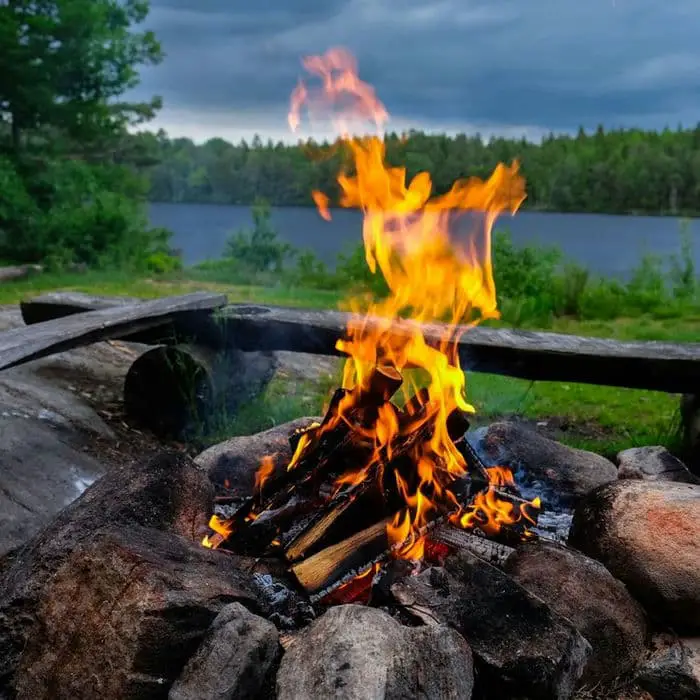
For those interested in delving deeper into this history, the National Slate Museum provides a fascinating glimpse into the industry that once dominated the region. With interactive exhibits and historical artifacts, it offers visitors an opportunity to learn about the lives of miners and the impact of mining on Welsh communities.
Visitors to the museum praise its historical significance and engaging exhibits, recommending it as a must-visit destination. From the preserved Victorian workshops to the scenic views from the old hospital, the museum offers a comprehensive exploration of Wales’ mining heritage.

